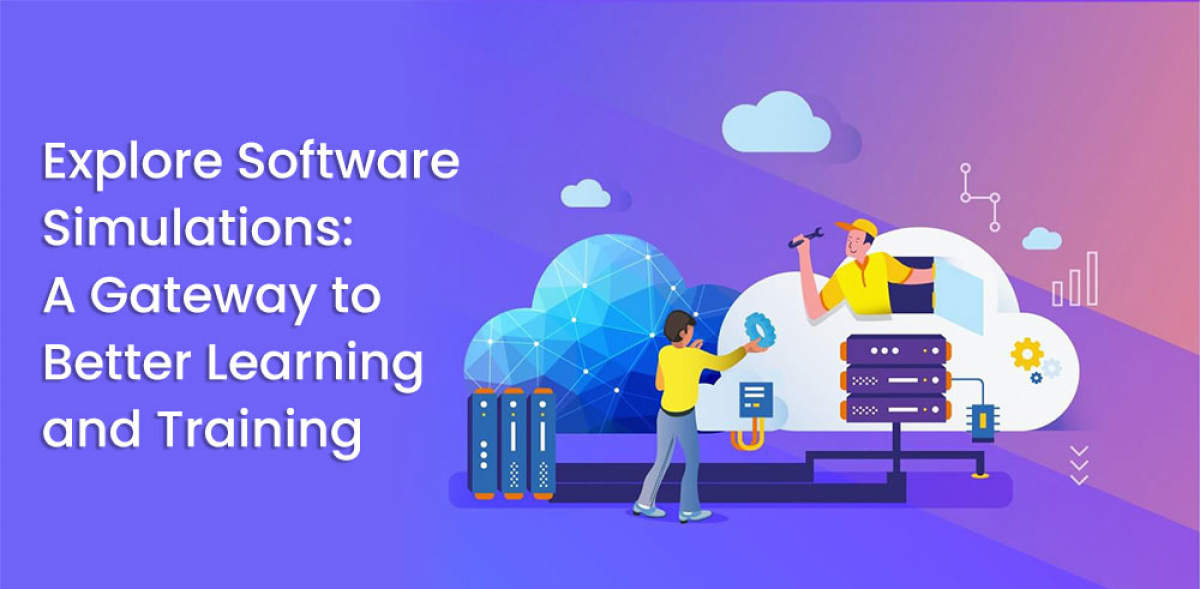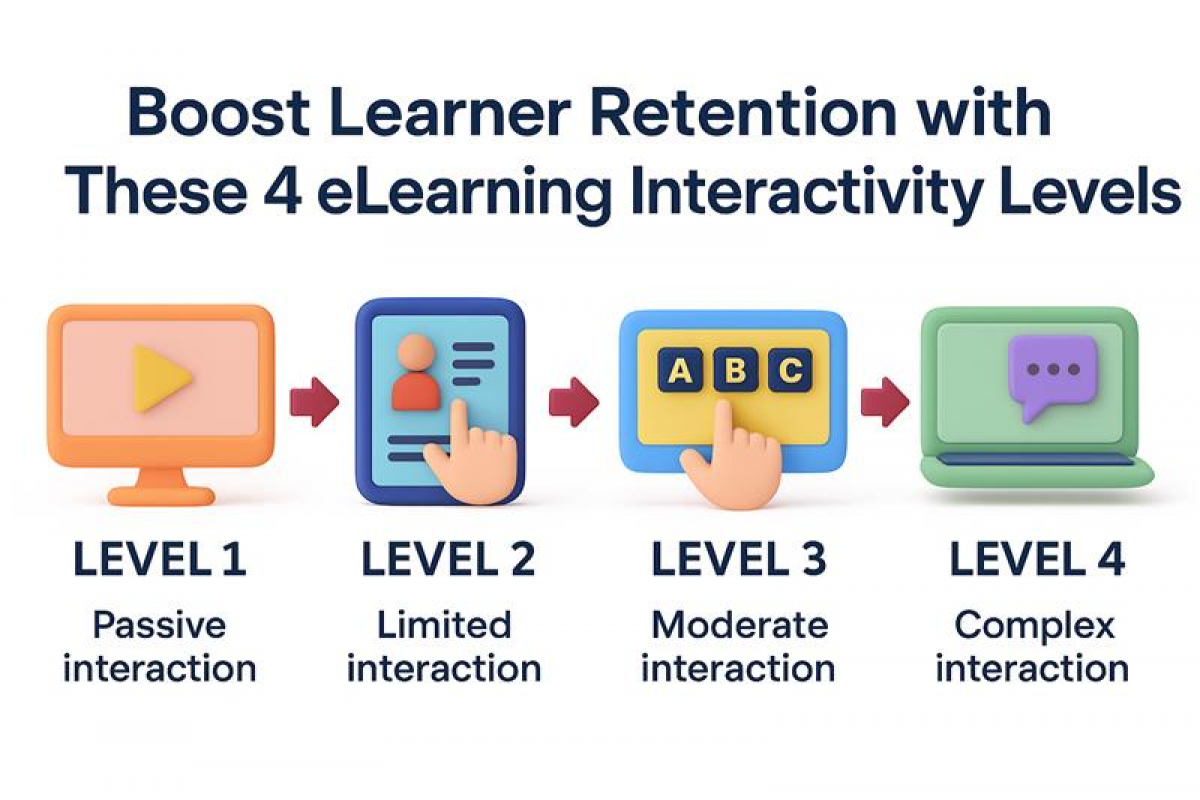Training is no longer considered as a necessary obligation in today’s world of professional development. Knowledge retention and learner engagement are becoming key differentiators for any e-learning program, and organizations are acknowledging the importance of this. Employers are looking to design e-learning programs that their employees enjoy and actively participate in. Here are a few strategies that organizations can explore, for creating a fun learning experience for their employees.
- Engaging Learning Modules: Learner engagement is paramount when it comes to designing an effective e-learning program. Active participation by the learners ensures knowledge retention and involvement. This can be achieved through interactive quizzes, polls, game elements, and other such aspects that make the learning experience engaging and dynamic. Use an e-learning platform that provides flexibility to incorporate a highly interactive course.
- Visually Appealing Content: Create multimedia-rich content to present information effectively. This could be in the form of videos, infographics, animations, graphics, and other elements which has the power to capture the attention of the learner and enhance comprehension. Connect with an e-learning development company that can help you create a multimedia-rich e-learning course.
- Scenario-based Approach: Connecting content with real-life scenarios will help build a bridge between theory and practical application. Exercises that facilitate learners to apply their knowledge in a hypothetical situation which might arise in their job will enable them to understand the relevance and impact of the e-learning module in their daily tasks.
- Game-based Learning Design: Building a game wrapper for the course will create a sense of adventure and fun to the whole learning journey for the employees. Incorporate game elements such as activities, quizzes, puzzles, and other challenges to infuse excitement for the learner. Rewards for crossing hurdles along the module will foster a sense of achievement and knowledge retention. Select an e-learning platform that provides a seamless game-based learning experience.
- Customized Learning Journey: Develop courses that cater to the interests and learning preferences of the employees. This allows the learner to select content that aligns with their requirements and career aspirations, thus creating a sense of ownership while ensuring streamlined learning. Collaborate with the best e-learning development company to create customized learning solutions for your employees.
- Narratives in Learning: Storytelling has always been a powerful tool for capturing attention and imparting knowledge. Weave storytelling elements into your e-learning courses to enable learners to visualize and relate the content to real-life situations. This approach will also build learner engagement on different levels, while ensuring knowledge retention.
- Celebrate Achievements: Leaderboards, certificates, badges, and other tokens of appreciation and recognition of milestones fosters a sense of accomplishment in the learners, building a positive attitude towards learning.
Conclusion
Change the perception of learning programs from being a necessary, mundane task to a joyful, enriching journey, by infusing your e-learning courses with fun and engaging elements. Incorporate interactivity with the help of multimedia, real-world scenarios, game-based learning, storytelling, and celebrating achievements, to foster a culture of continuous learning with effective results.




